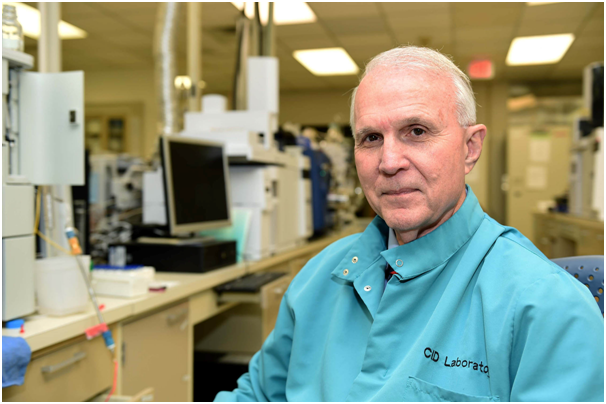Clinical trials are the final stage of testing for drug safety and effectiveness prior to the drug being made available to the public. This is an important step, with a great deal of work having gone into producing the treatment before it gets to the clinical trial stage.

Drug development
All drugs begin with the theory that the treatment will do what the scientists think it will. Years are spent proving this theory, using laboratory tests on human cells and animals. Only once the scientists are satisfied will they request permission to start human testing.
In the US, this permission is given by the FDA (Food & Drug Administration); in the UK, there are several boards that make decisions about different treatment types. Once permission has been given, the clinical trials can begin.
Clinical trials
Once human testing has been approved, drugs go through four separate stages of trials. These phases are:
1. A safety study. This involves a small number – under 100 – of healthy participants, with tests carried out to ensure the drug has the effects on the body that the scientists believe it should. Participants are usually paid for this phase, with specialists such as http://www.richmondpharmacology.com often helping to recruit participants.

2. This is the first test of the product as a treatment for humans. Larger than phase 1, it is still a relatively small study. Not all participants will get the treatment – some will receive no treatment or a placebo so that the true benefit can be seen.
3. A larger scale version of phase 2, with hundreds, or even thousands, of participants. Phase 3 will remain a randomised, blind study, so not all those selected will receive the treatment. For many, this is a way to access treatments they would otherwise be unable to have.
4. This phase comes once the drug has been released. It is related to the experience of the patient and to how the company might more effectively market the drug.
You may also hear people talking about adaptive phase 1 clinical studies. What this means is that the scientists have made the study more flexible. If conditions change, or something happens during the trial that takes them in a different direction, they can adapt accordingly.
Clinical trials are an important part of ensuring that treatments are safe and effective.






















+ There are no comments
Add yours